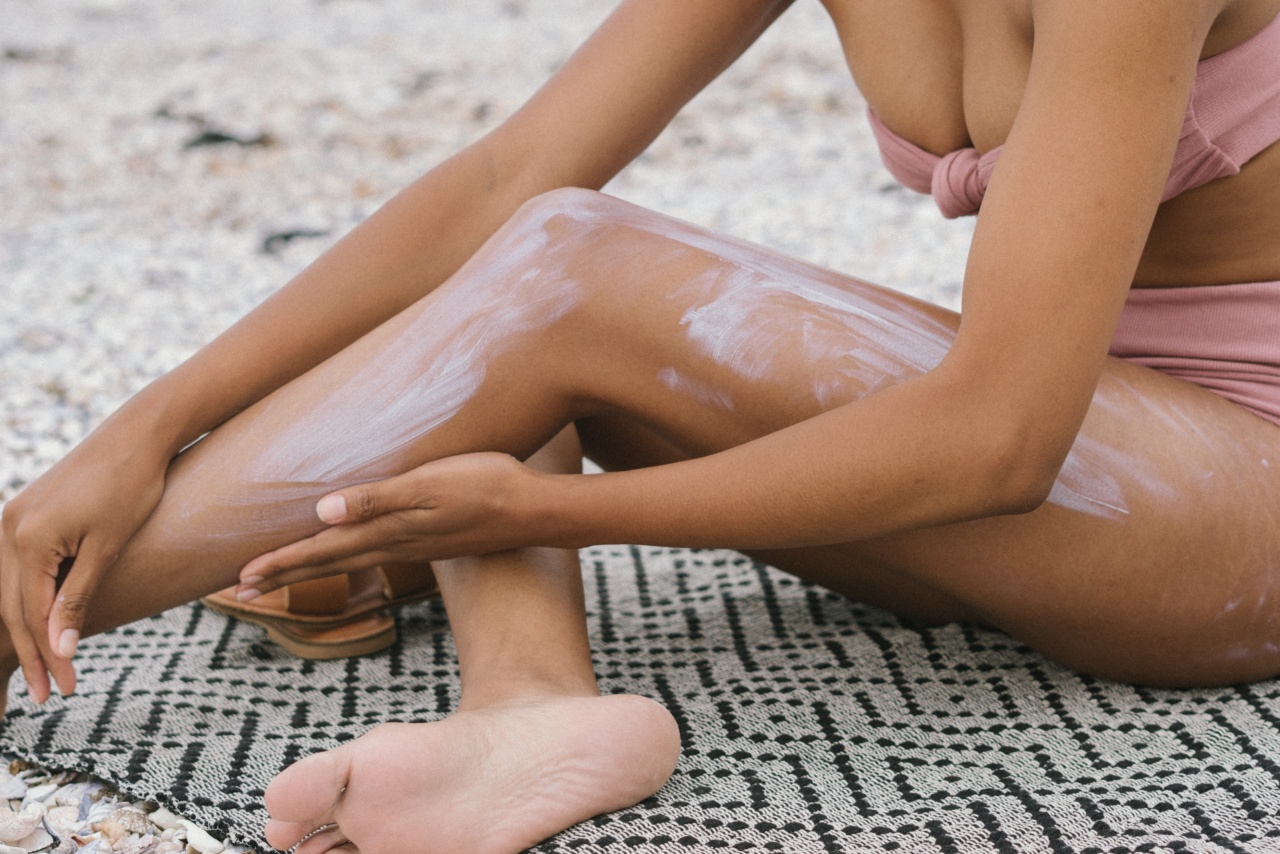Summer is here and with it comes the sunshine, heat, and humidity. For people with oily skin, summer can be a nightmare, as excessive heat and humidity can trigger an over-production of oil in the skin.
The excess oil can clog pores and lead to breakouts, leaving you with a shiny, greasy look that is hard to combat. However, with a few tips and tricks, you can keep oily skin under control and enjoy your summer days without any worries.
1. Cleanse Gently
One of the most important things you can do for oily skin is to cleanse it gently. Harsh cleansers can strip away the skin’s natural oils, which can actually make it produce more oil to compensate.
Look for a gentle, pH-balanced cleanser that is formulated for oily skin. Cleansers containing salicylic acid or benzoyl peroxide can help to reduce oil production and keep pores clear, but use them sparingly, as overuse can cause dryness and irritation.
2. Use an Oil-Free Moisturizer
Many people with oily skin skip moisturizer in the belief that it will make their skin even oilier. However, this is a mistake. When you don’t moisturize, your skin can become dehydrated, which triggers the production of even more oil.
Look for a lightweight, oil-free moisturizer that won’t clog pores or leave a greasy residue. If you have oily skin, you should avoid moisturizing with heavy creams or lotions that contain oil.
3. Always Use Sun Protection
Exposure to sunlight can cause your oily skin to produce even more oil. To avoid this, wear sunscreen every day, even on cloudy days. Look for a lightweight, non-greasy formula that won’t clog pores or leave a white residue on your skin.
Choose a sunscreen with a minimum SPF of 30 and remember to reapply every two hours or more often if you are swimming or sweating.
4. Exfoliate Weekly
Exfoliation is an important step in any skincare routine. For people with oily skin, it can help to unclog pores, remove excess oil and dead skin cells, and improve the overall texture and appearance of the skin.
However, be careful not to overdo it, as exfoliating too often can irritate the skin and cause more oil production. Use a gentle, pH-balanced exfoliator once or twice a week, and avoid scrubs that contain harsh chemicals or abrasive particles.
5. Choose Oil-Free Makeup
The wrong makeup can exacerbate oily skin problems and cause breakouts. When choosing makeup, make sure it is oil-free and non-comedogenic, meaning it won’t clog your pores.
Look for products labeled “matte finish” or “oil-control” to help reduce the appearance of shine. Avoid heavy or creamy formulas, as they can clog pores and lead to breakouts. It is also important to remove all makeup before bed to prevent clogged pores.
6. Keep Blotting Papers Handy
Blotting papers are a lifesaver for people with oily skin. They can quickly and easily absorb excess oil and shine, leaving your skin looking fresh and matte.
Keep a pack of blotting papers in your bag or purse and use them whenever you start to feel oily or shiny. Be sure to dab gently, rather than rubbing, to avoid irritating your skin. You can also use a mattifying powder to set your makeup and absorb extra oil.
7. Hydrate from the Inside Out
Drinking plenty of water is important for overall skin health, but it can also help to regulate oil production. When you are dehydrated, your skin can become dry and irritated, which triggers the production of more oil.
Keep a water bottle with you at all times and aim to drink at least 8 glasses of water per day. You can also eat water-rich fruits and veggies, like watermelon and cucumber, to hydrate your skin from the inside out.
8. Don’t Overdo it with Products
When it comes to skincare, less is often more. Using too many products can irritate the skin and cause more oil production. Stick to a simple, gentle skincare routine that includes a cleanser, moisturizer, and sunscreen.
If you want to add more products, introduce them one at a time and watch for any adverse reactions. You should also avoid using too many oil-absorbing products, as they can strip your skin of its natural oils and cause more oil production.
9. Keep Your Hands Off
Touching your face can transfer oil, dirt, and bacteria to your skin, which can cause breakouts. Keep your hands off your face as much as possible, and avoid picking at pimples or touching any other areas of your skin.
You should also avoid using your phone on your face, as it can transfer bacteria from your phone to your skin.
10. Know When to Visit a Dermatologist
If you have tried all of these tips and are still struggling with oily skin, it may be time to visit a dermatologist. They can help you identify the underlying causes of your oily skin and provide you with personalized treatment options.
They may recommend prescription-strength cleansers, topical creams, or oral medications to help keep your oily skin under control.































